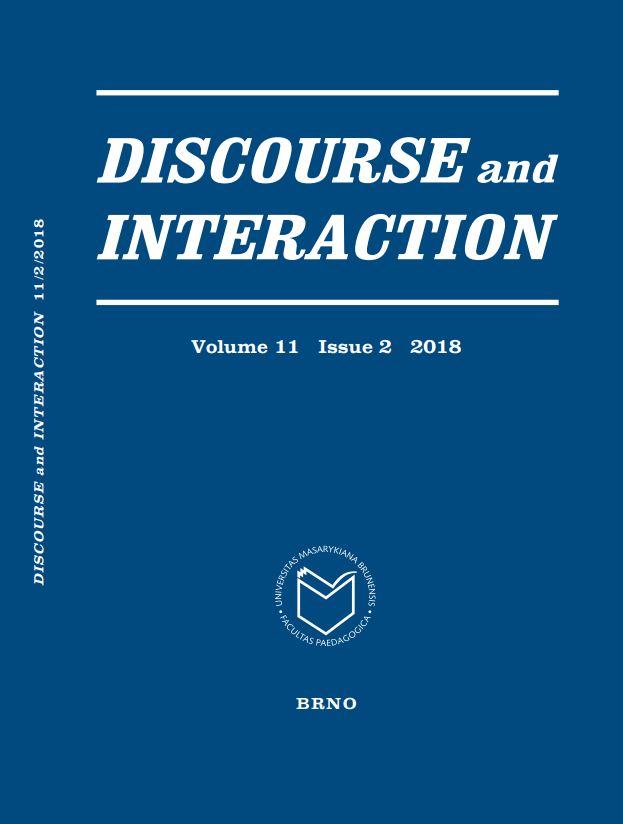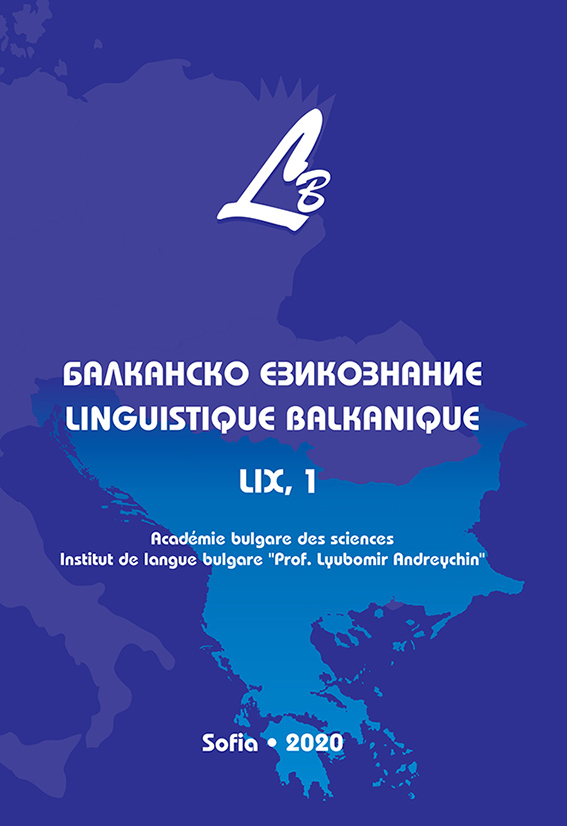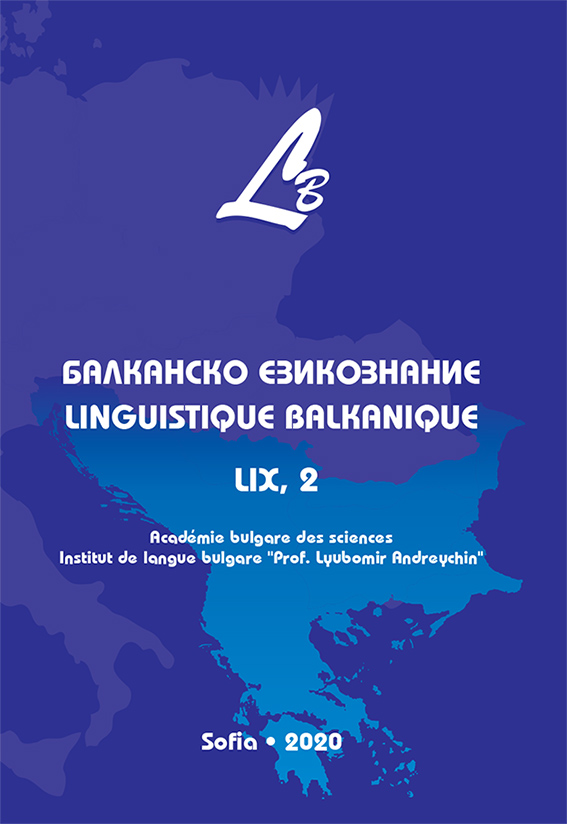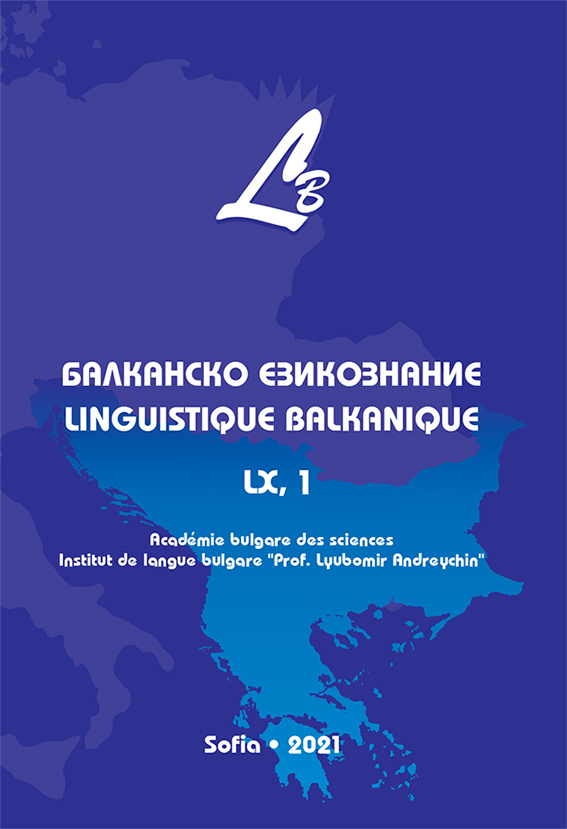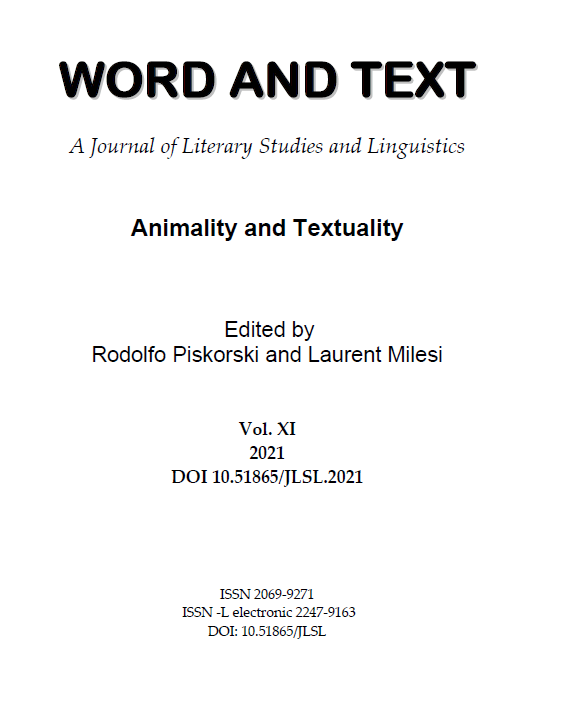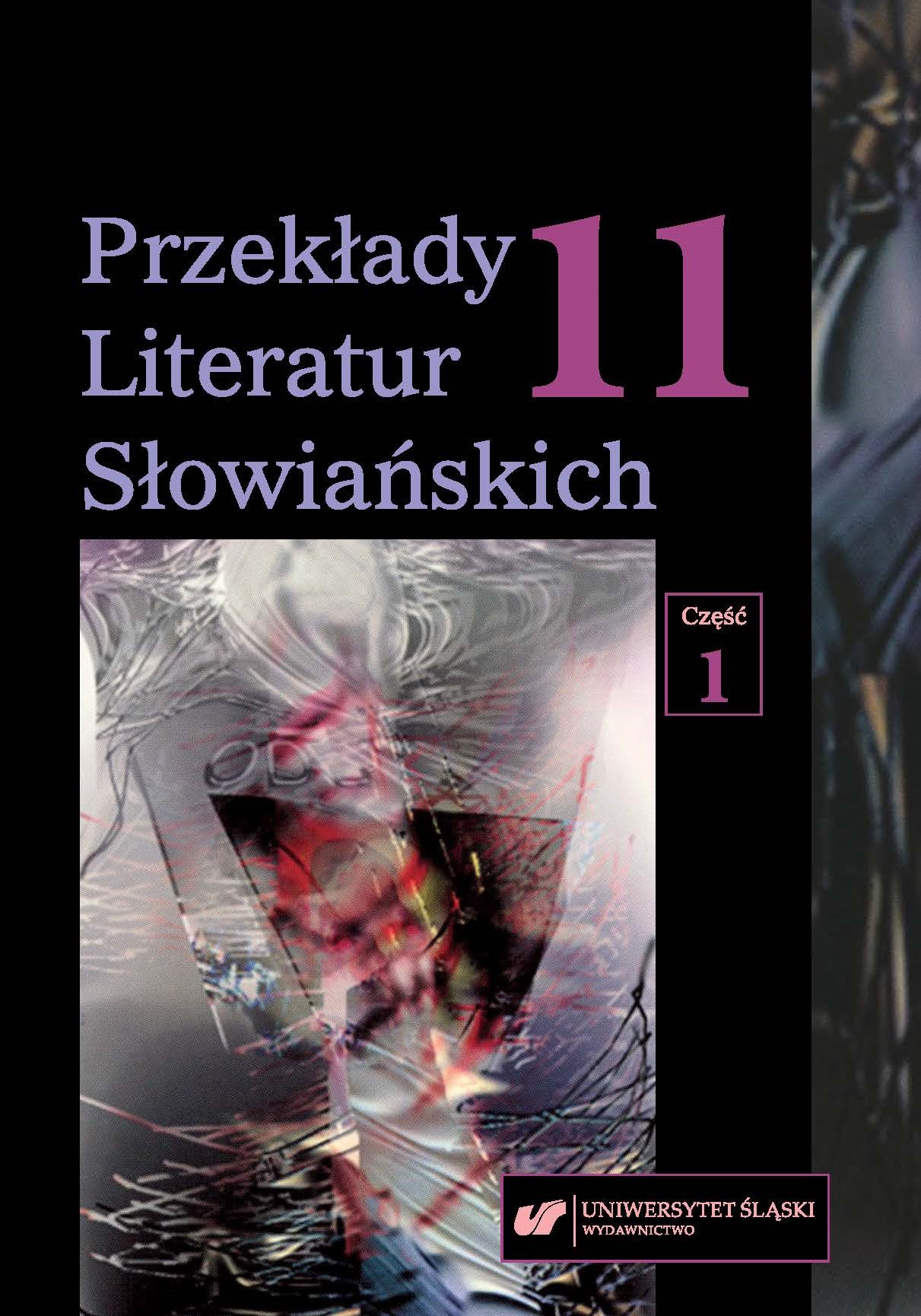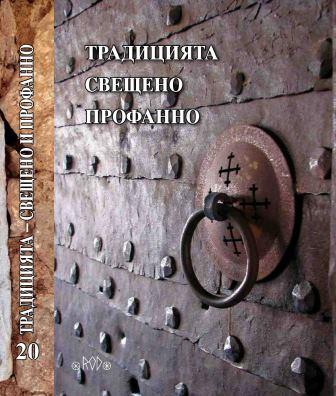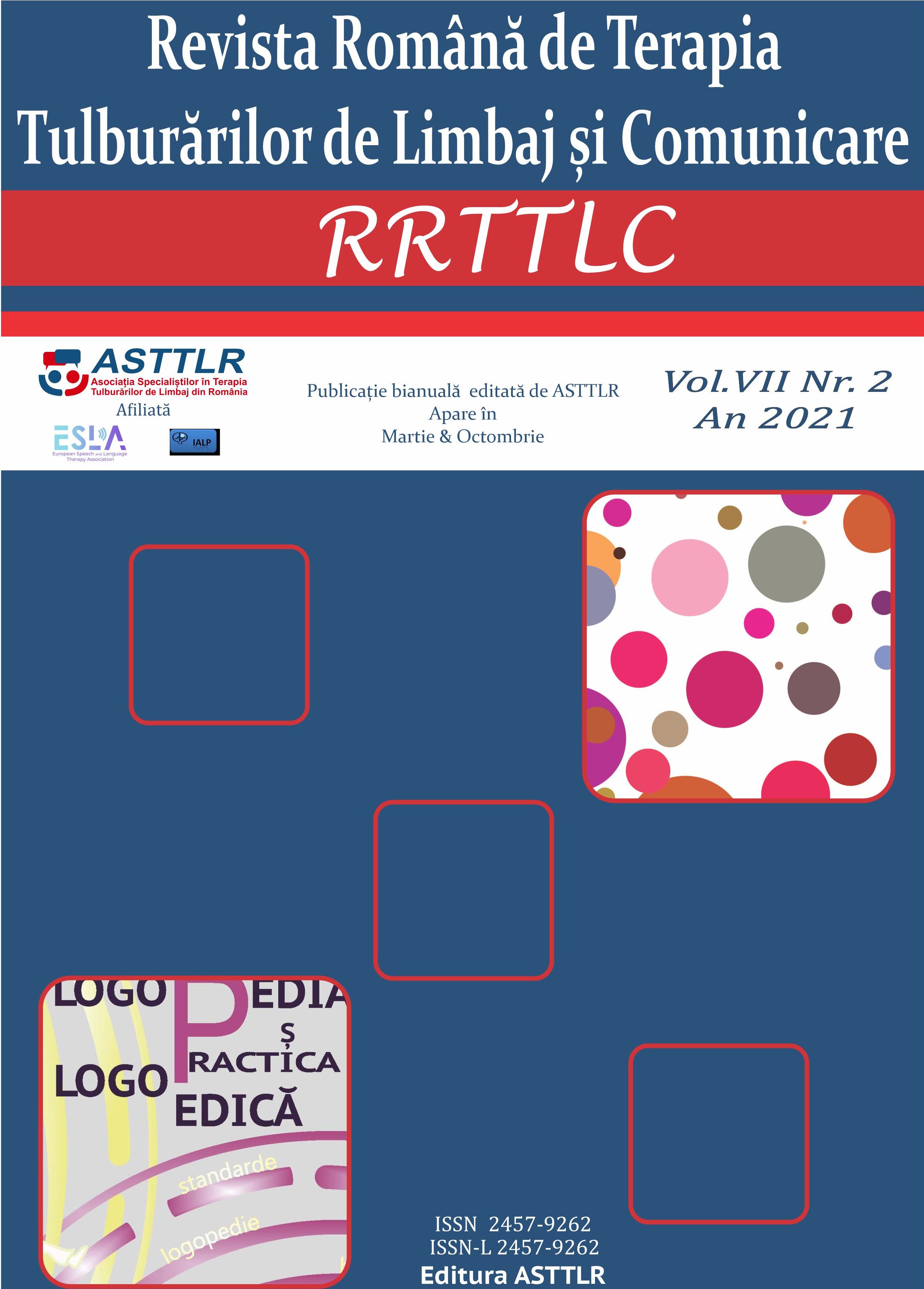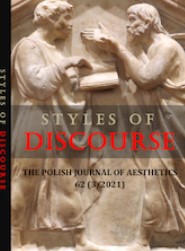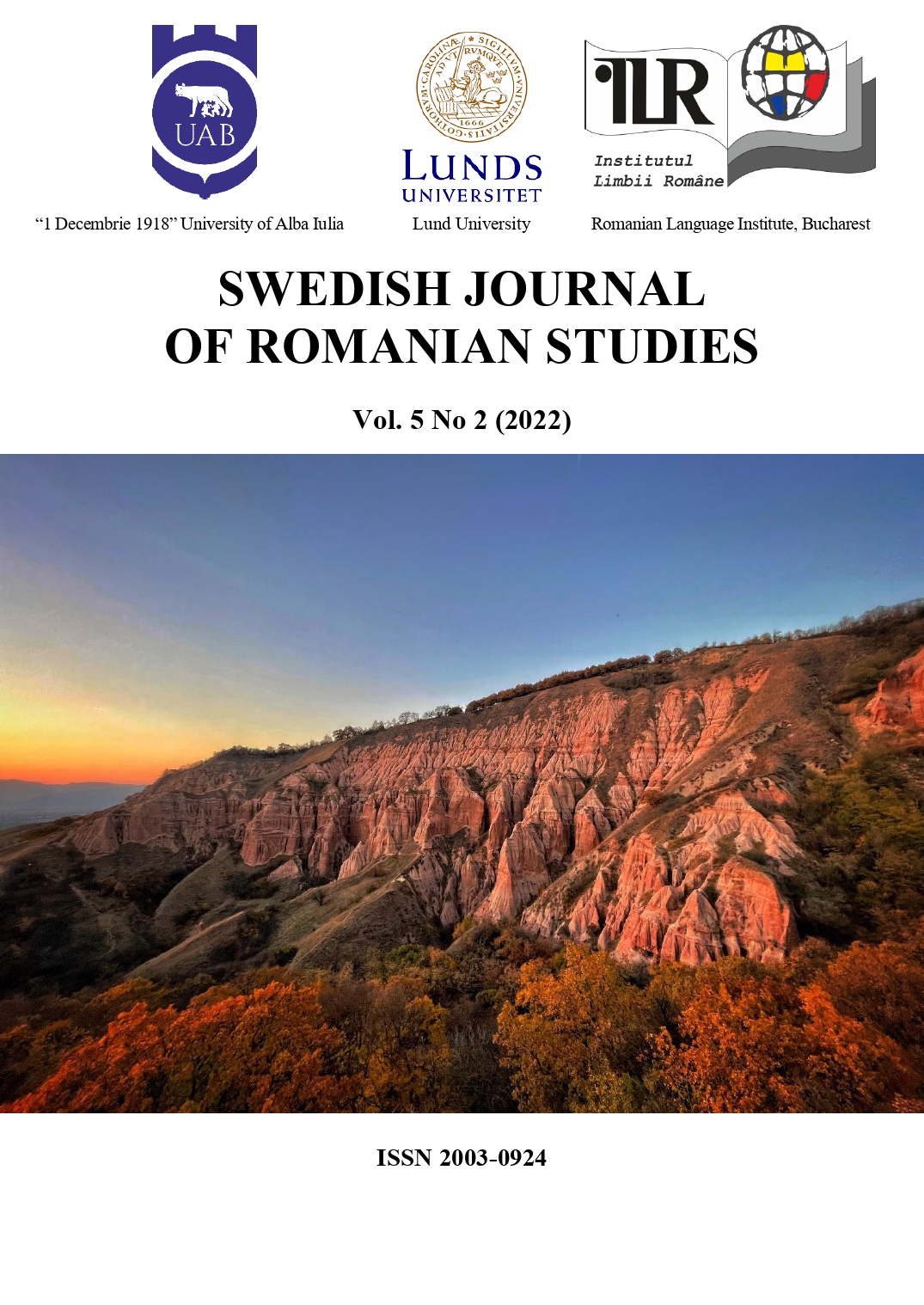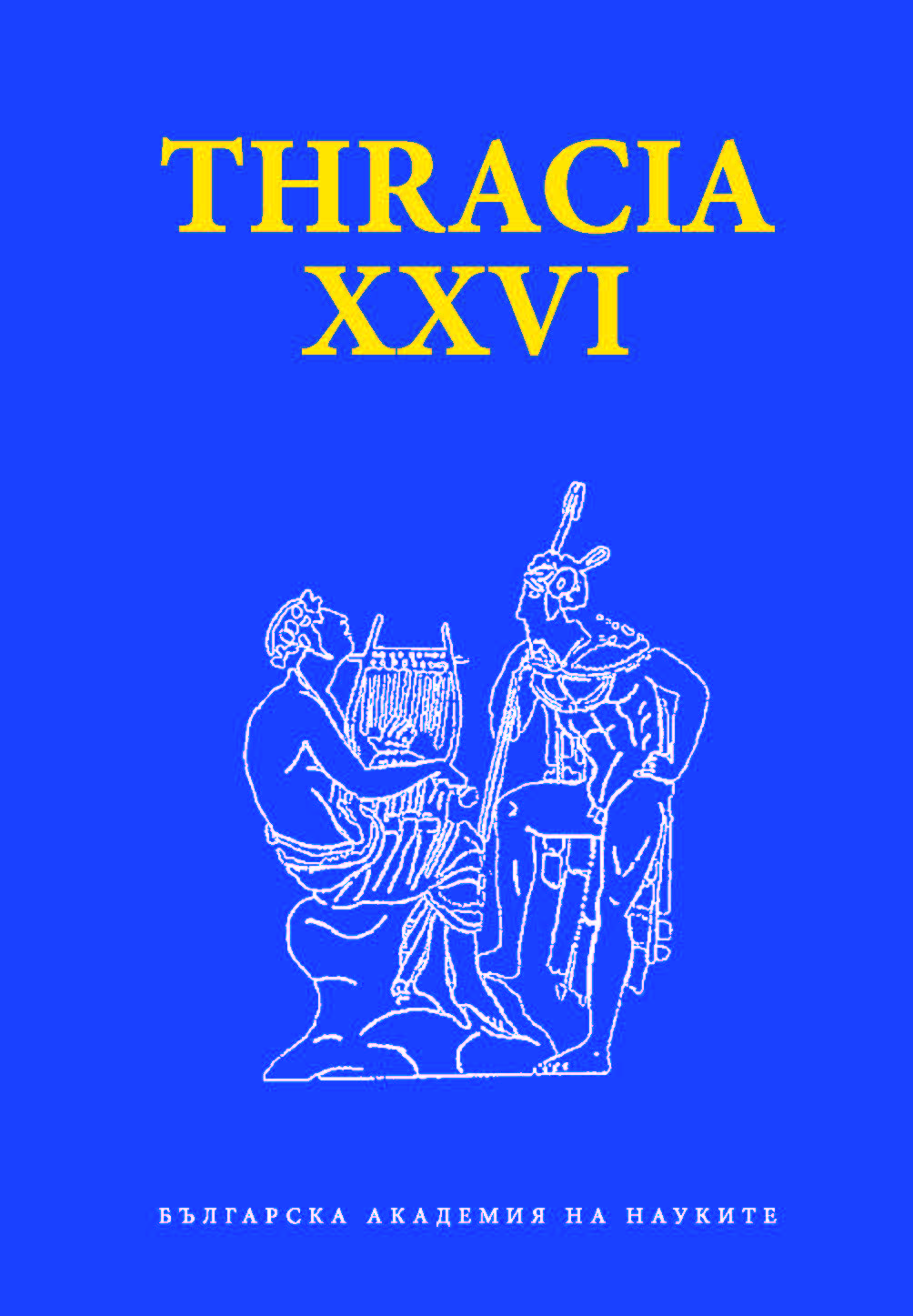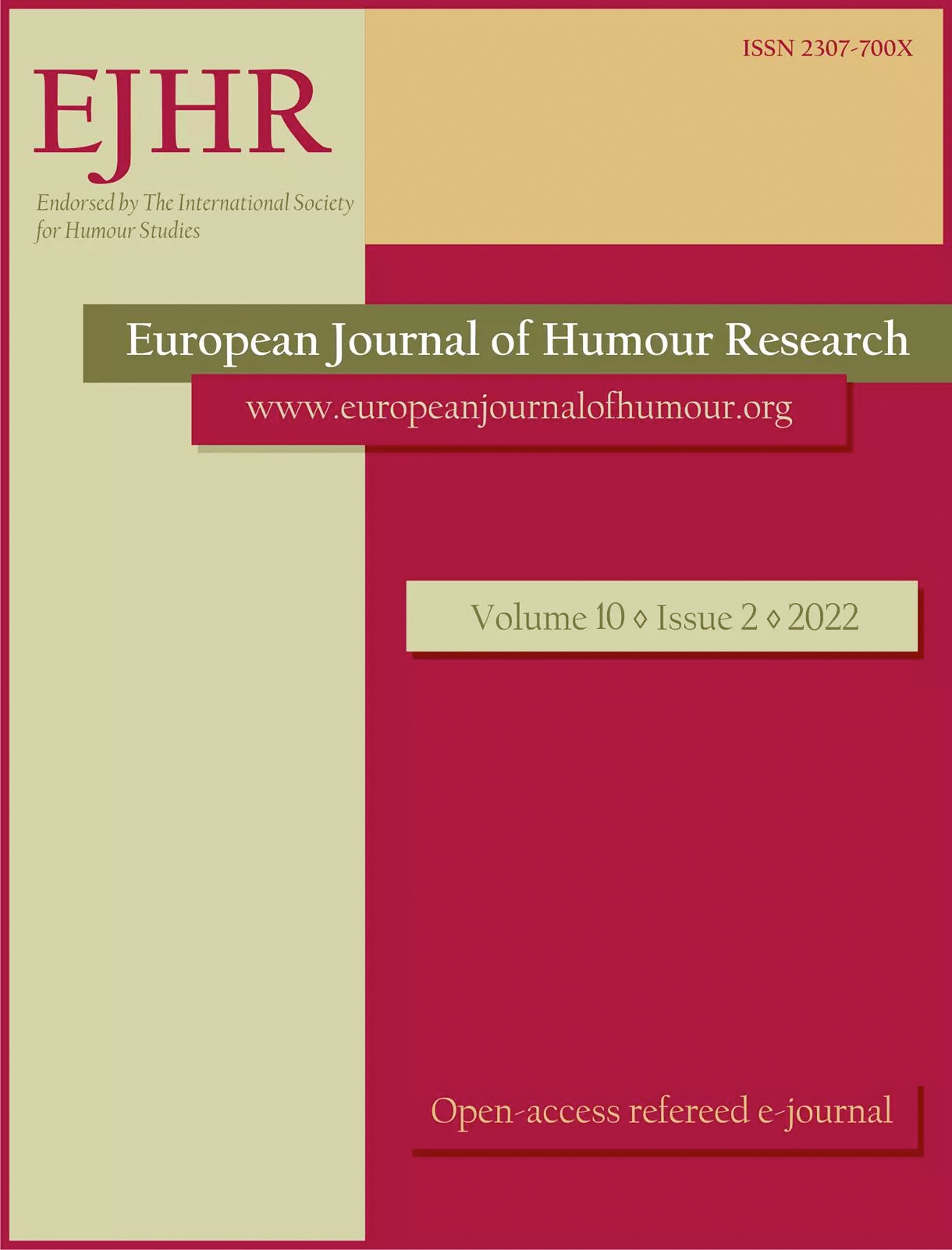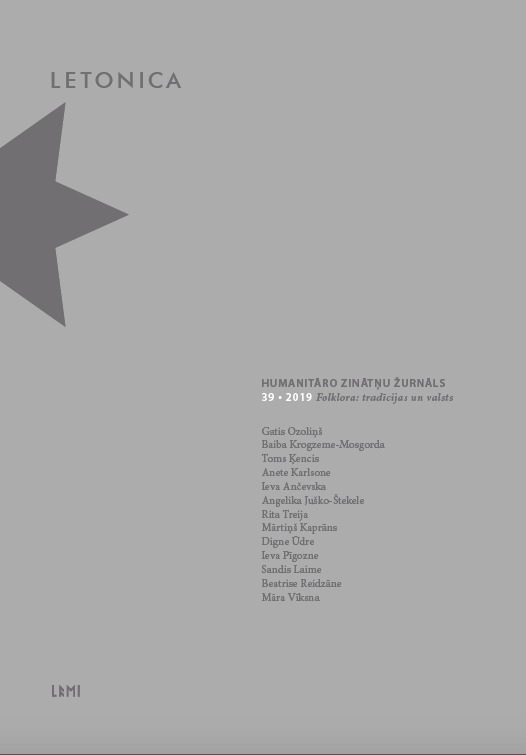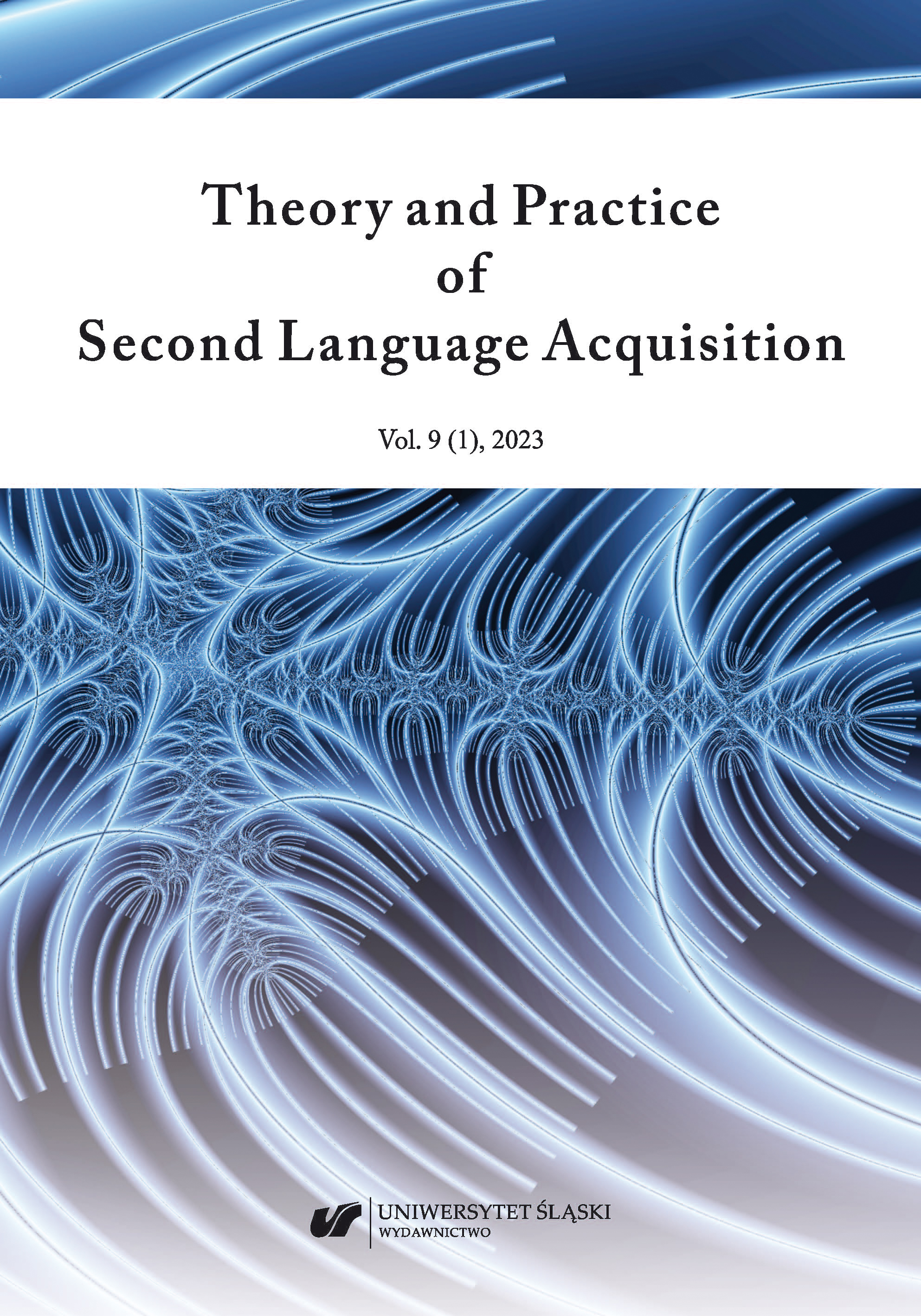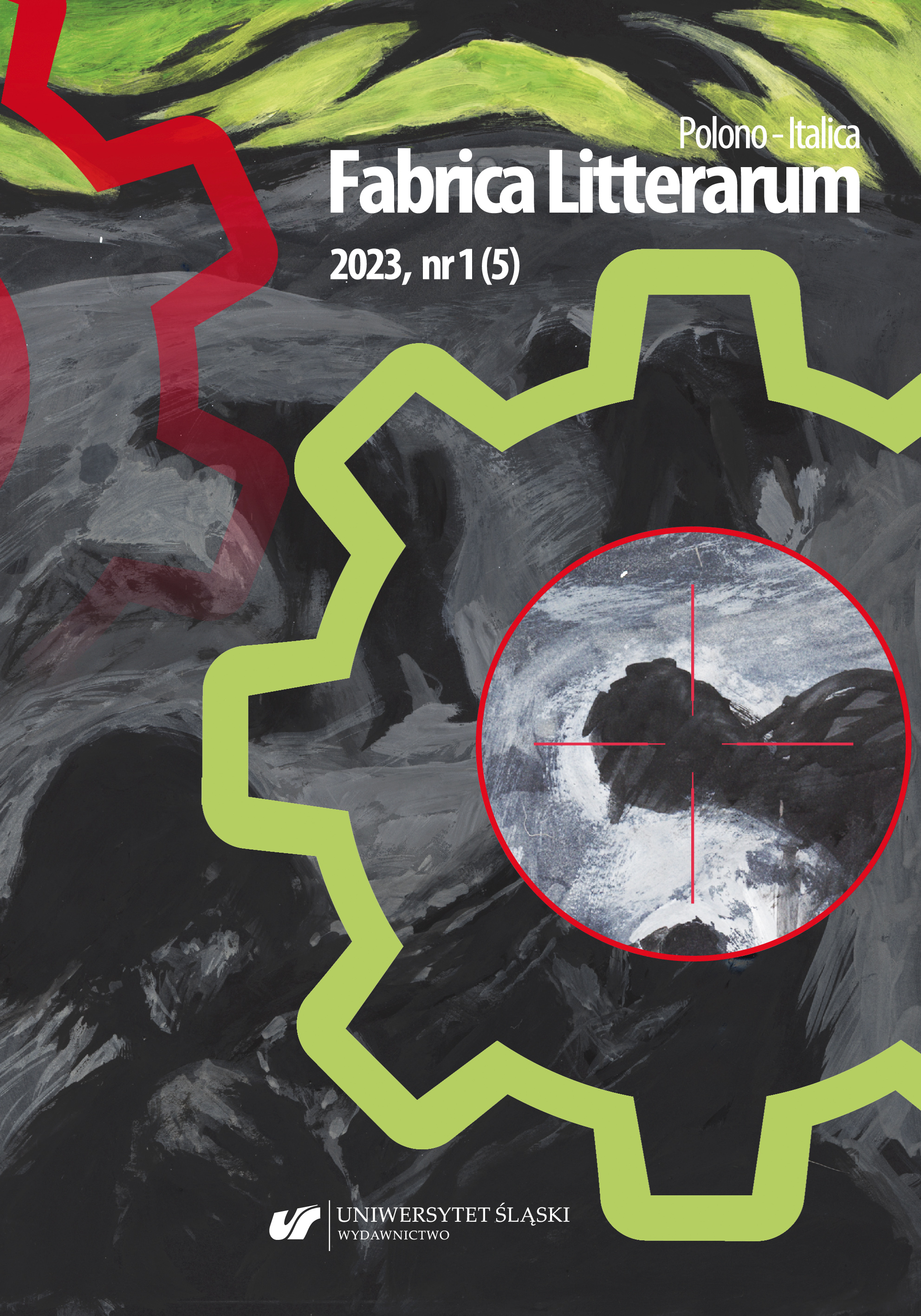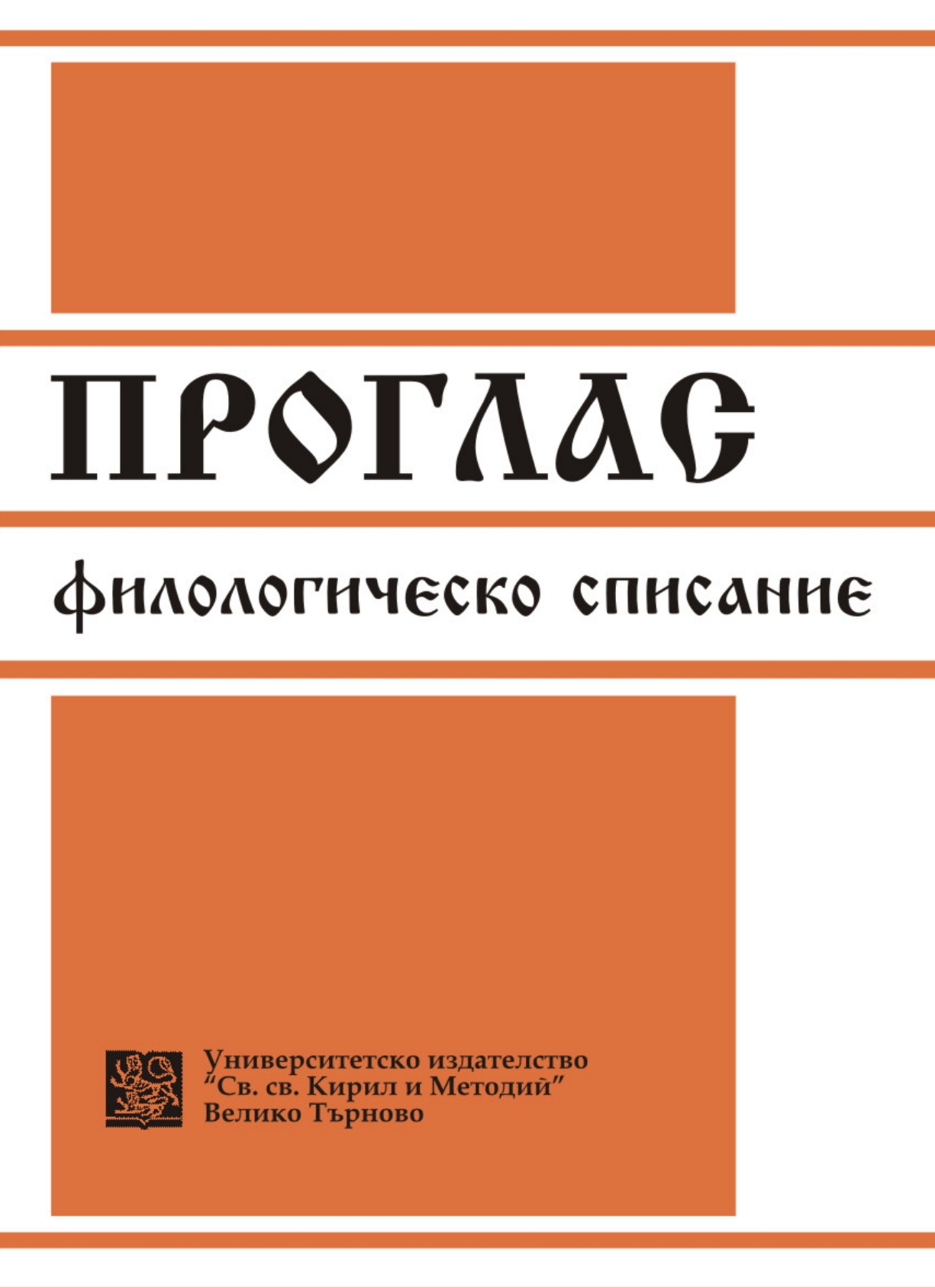
За неточното отразяване на краесловните меки съгласни на бреговския влашки говор batlas lunguistic roman
This paper offers an account of the various causes for the variety of symbols used in the representation of word-final soft consonants in the Romanian Linguistic Atlas. Comparison is drawn between lexical forms as recorded by members of a Romanian research team in the beginning of the 20th century in the town of Bregovo (Vidin region) and current forms used in the Walachian dialect spoken in the far North-West of Bulgaria.
More...
